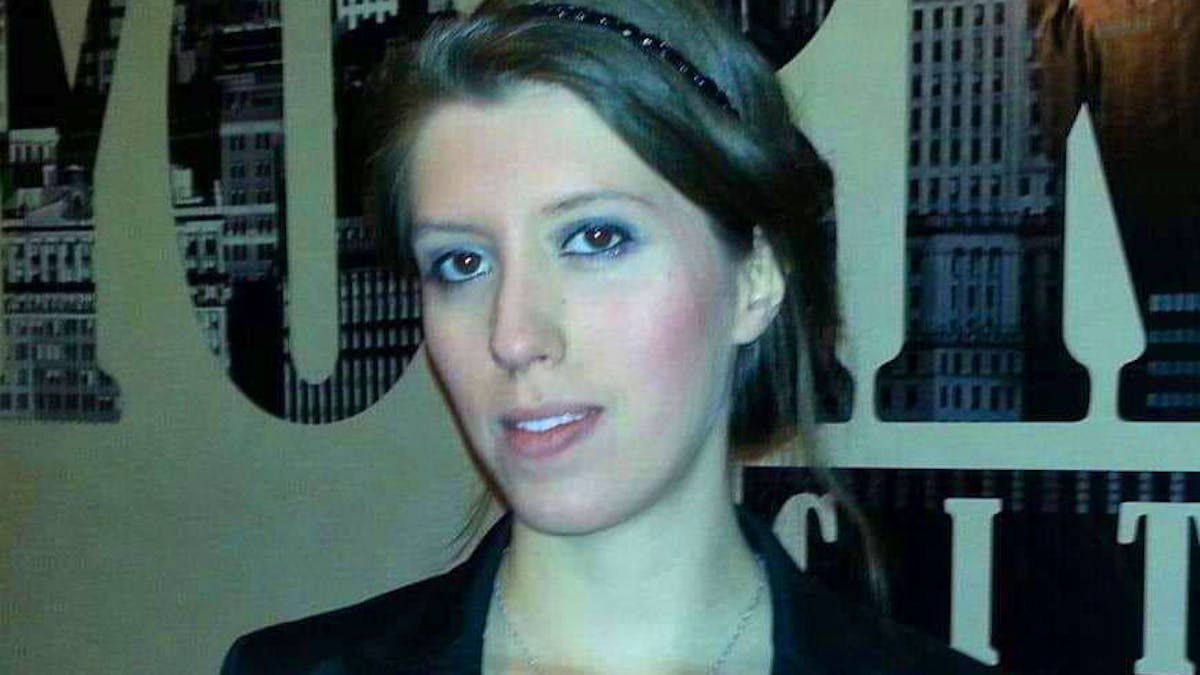The Tarn Assize Court will try from Monday to unravel the mystery of the Jubillar case, a legal as well as a media case in which the jurors must answer a central question: did Cédric kill his wife Delphine, who disappeared on the night of December 15 to 16, 2020, and whose body was never found?
The painter-plasterer, detained since June 2021 and who has just celebrated his 38th birthday in prison, denies being the murderer of the woman who had become his partner twenty years earlier, a nurse who gave him two children but who wanted to leave him.
In four and a half years of a procedure full of twists and turns, questions about what happened during this winter night in the small Tarn town of Cagnac-les-Mines, in the middle of a curfew linked to Covid, fuel undeniable interest.
And this is first of all where the trial which is opening takes on an extraordinary dimension.
“Contrary to what the uninitiated public might think, the particularity of this case does not lie in the nature of the facts alleged against the accused, nor even in the absence of a body or confession, but in its exceptional media coverage,” underlines for AFP Nicolas Jacquet, general prosecutor at the Toulouse Court of Appeal, the court in charge of organizing the trial.
More than 300 journalists from nearly 80 media outlets were accredited and the Albi courthouse was specially designed to accommodate an exceptional crowd for four weeks.
Prosecution instruction
During this trial, 65 witnesses and 11 experts will appear to try to shed light on a file of 27 volumes and more than 15,000 pages of procedure.
The lawyers of Cédric Jubillar, Alexandre Martin and Emmanuelle Franck – his first defender, Jean-Baptiste Alary, having given up for health reasons this summer – have never stopped denouncing an “indictment against him”.
A few days before the trial, Me Martin insisted to AFP: “From the start, the investigators estimated that the main suspect was Cédric Jubillar. Doors were ajar, they were quickly closed without there being any real investigation.”
But for the investigating judges, the investigation on the contrary made it possible to exclude other hypotheses and to retain “sufficient charges” to support the accusation of murder by spouse, a crime punishable by life imprisonment.
The magistrates relied on the fact that, according to testimonies, the husband could not stand the idea of his wife leaving him and seeing another man.
They believe that an argument broke out that night, based on a host of clues: a testimony from their son aged six at the time, a pair of Delphine’s glasses found broken or even screams heard by neighbors, elements disputed by the defense.
Threatening words
For the judges, Cédric Jubillar also appeared confused throughout the hearings and his behavior reinforced their overall impression: a husband who took little or no part in the search for his missing wife, a man described as impulsive who, before the disappearance, made threatening remarks about his wife if she were to leave him…
Recently, the testimony of a young woman who had a relationship with the accused in prison and claiming that he had confessed to the murder, was added to the picture drawn up by the prosecution, already nourished by other disturbing remarks made by Cédric Jubillar in detention.
“There are enough elements in this file for us to consider, in our deepest conviction, that this guy is guilty,” said Philippe Pressecq, lawyer for one of Delphine’s cousins, civil party.
“And when he is convicted, I will not think for a single second that it is a miscarriage of justice,” he adds. On the defense side, it is precisely this specter that is being raised, judging that the prosecution case remains “shaky”.
“We are going to ask the justice system and the jurors to return to basics,” explains Mr. Martin, it is “not a question of trying to build a story around a character who has flaws, who may sometimes have spoken out of turn, who may not be liked by everyone,” he says. “The question we ask is: but what is the evidence?”

